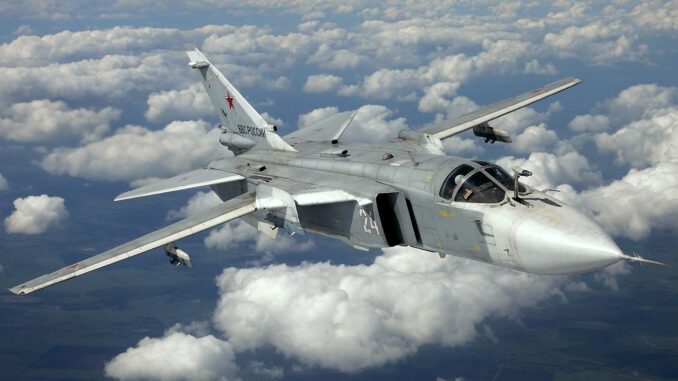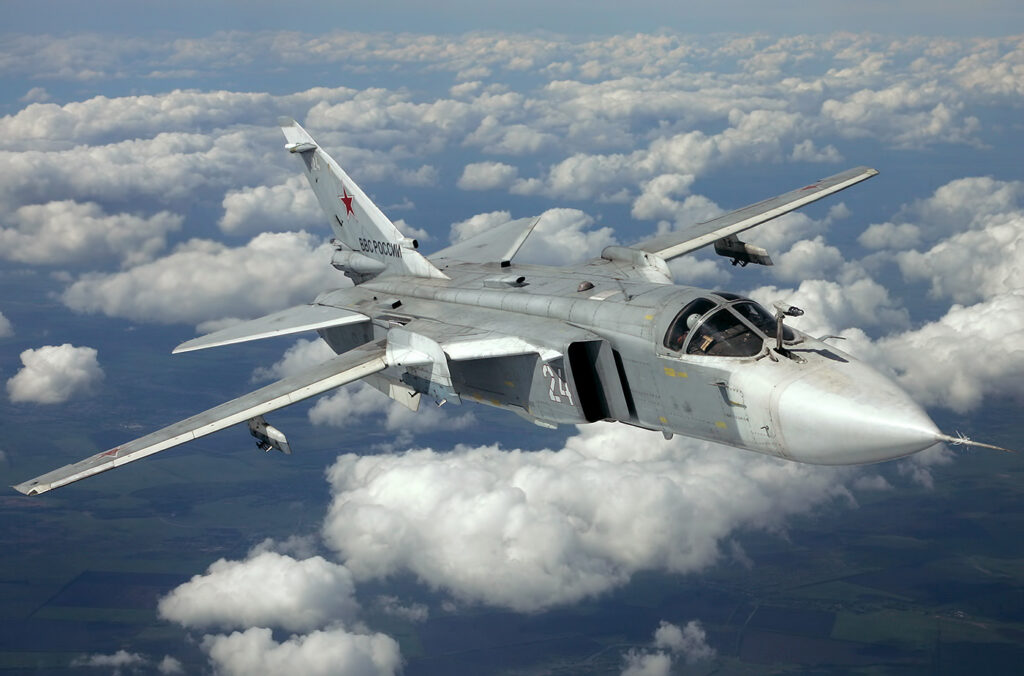
A technical analysis of why Russia violates European airspace, with specific examples and geopolitical implications.
Russian incursions into European airspace are a major concern for the continent’s military and political authorities. These violations are not simply isolated acts, but calculated strategies with multiple objectives.
Russia’s strategic objectives
Russian air incursions into European airspace have several strategic objectives. Firstly, they serve to test and evaluate the air defences of European countries. By penetrating these areas, Russia can observe the speed and manner in which European air forces react, enabling them to gather valuable intelligence on the defence capabilities and reaction protocols of the countries concerned.
Another objective is to demonstrate Russian military power and assert its presence in strategic regions. This sends a clear message to European countries and NATO that Russia remains a powerful and unpredictable player. For example, in 2024, a Russian Mi-17 helicopter violated Finnish airspace, underlining the ongoing tensions between Russia and its European neighbours.

Advantages and disadvantages of air incursions
Advantages:
- Intelligence and Analysis: Violations allow Russia to gather information on European air defence systems. This includes radar detection, reaction times and communication capabilities between different defence units.
- Psychological pressure: By regularly violating European airspace, Russia maintains constant pressure on neighbouring countries, forcing them to remain vigilant and devote significant resources to the surveillance and defence of their airspace.
Disadvantages:
- Risk of confrontation: Each incursion increases the risk of direct confrontation. An aerial incident could easily degenerate into an armed conflict, especially if a Russian aircraft is shot down or if there is a collision.
- Diplomatic isolation: Such aggressive actions can lead to increased diplomatic isolation of Russia, with European countries stepping up their military cooperation and sanctions against Moscow.
Consequences of air violations
Russian violations of European airspace have significant consequences for regional security and political stability. One of the immediate consequences is an increase in tensions between Russia and NATO countries. These tensions may lead to increased militarisation of borders and more frequent and intensive military exercises.
Another consequence is the economic impact. Air incursions force European countries to invest more in their air defence, diverting resources that could be used for other sectors such as education or infrastructure. Sweden, for example, has strengthened its air defence capabilities in response to Russian incursions, significantly increasing its military budget.
In conclusion, Russia’s incursions into European airspace are deliberate acts with clear strategic objectives. While these actions offer certain advantages in terms of intelligence and demonstration of power, they also entail considerable risks, notably that of military confrontation and diplomatic isolation. The consequences for regional security and national budgets are also significant, making this a crucial issue for European stability.
War Wings Daily is an independant magazine.